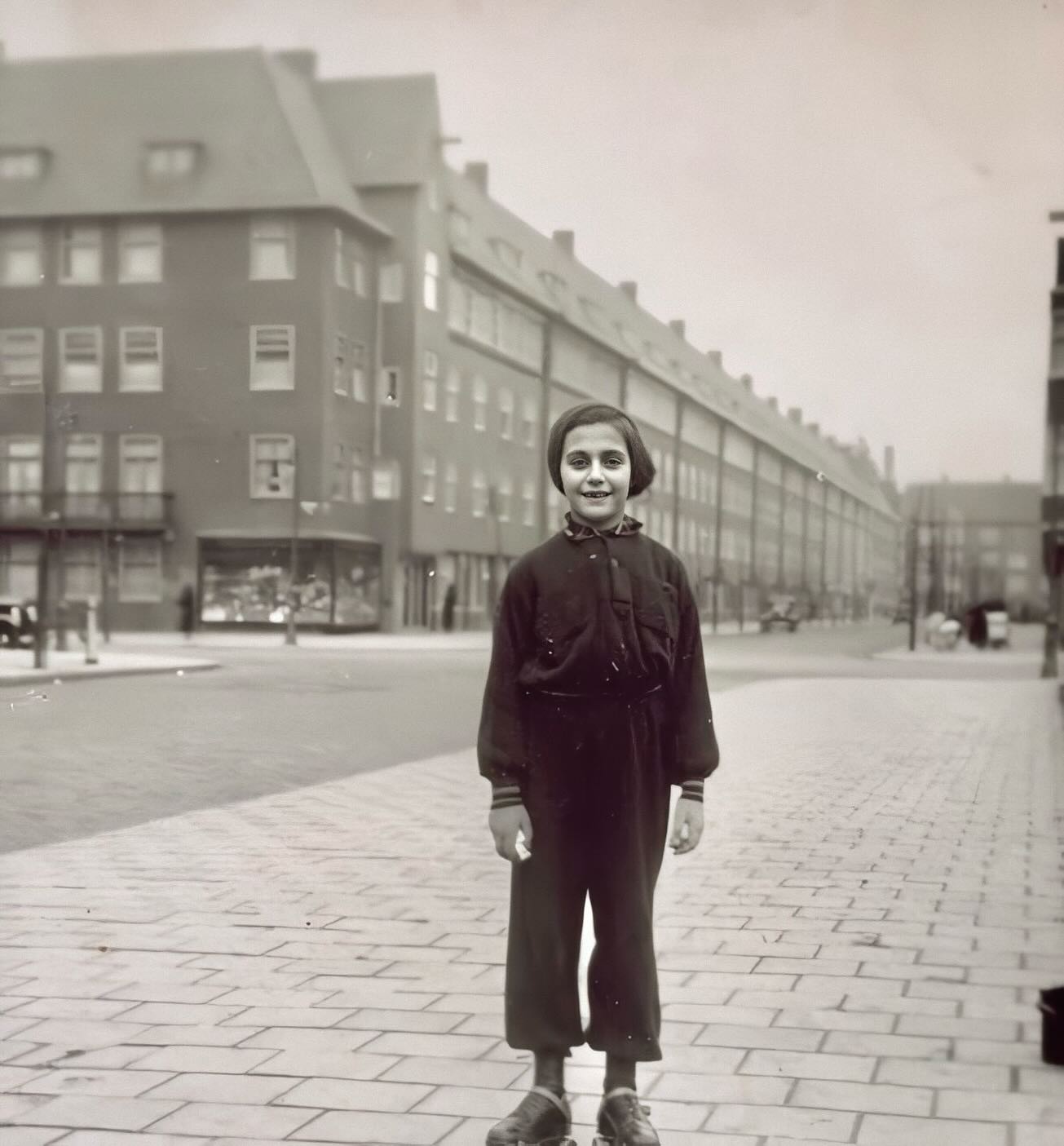The Final Conversation: Rivalry to Witness
The relationship between Anne Frank and her classmate, Nanette (Nanny) Blitz, was initially one of typical teenage rivalry. As students at the Jewish Lyceum, they weren’t close, even though Nanny was invited to Anne’s thirteenth birthday party. Anne’s candid diary entry reveals her sharp judgment: she wrote that Nanny “talks so much it isn’t funny” and confessed, “I don’t like her much either.”

This youthful antagonism was brutally erased by the grim reality of the Holocaust. The two girls met again, years later, in the horrifying confines of the Bergen-Belsen concentration camp. Nanny later confessed, “I still wonder today how us two skeletons were able to recognize each other.”
Despite the terrible circumstances, Anne confided in Nanny about her writing. Nanny recalled that Anne said she wanted to use the diary “only as a starting point for the book she wanted to write about what she experienced.” This is a powerful, final confirmation of Anne’s serious ambition to be a published author.

A Heartbreaking Farewell
Tragically, both girls contracted typhus in the camp. Nanny’s last memory of Anne is devastating. Anne was “very weak, scrawny,” and covered with a blanket because “she couldn’t bear the clothes that were full of lice.” In that final meeting, Anne was so ill she was “barely able to recognize me, or to talk.”

Nanny survived the war, but Anne did not. Nanny’s later reflections serve as a crucial testimony to her lost friend, describing Anne as a girl “who was full of life, she loved to talk and liked the boys.” She concluded with a profound conviction that echoes Otto Frank’s: “If she was still alive, I am convinced that she would have become an excellent writer.” Nanette Blitz König’s witness turned her from a classmate into one of the last people to see Anne Frank, preserving a vital, final chapter of Anne’s story.
